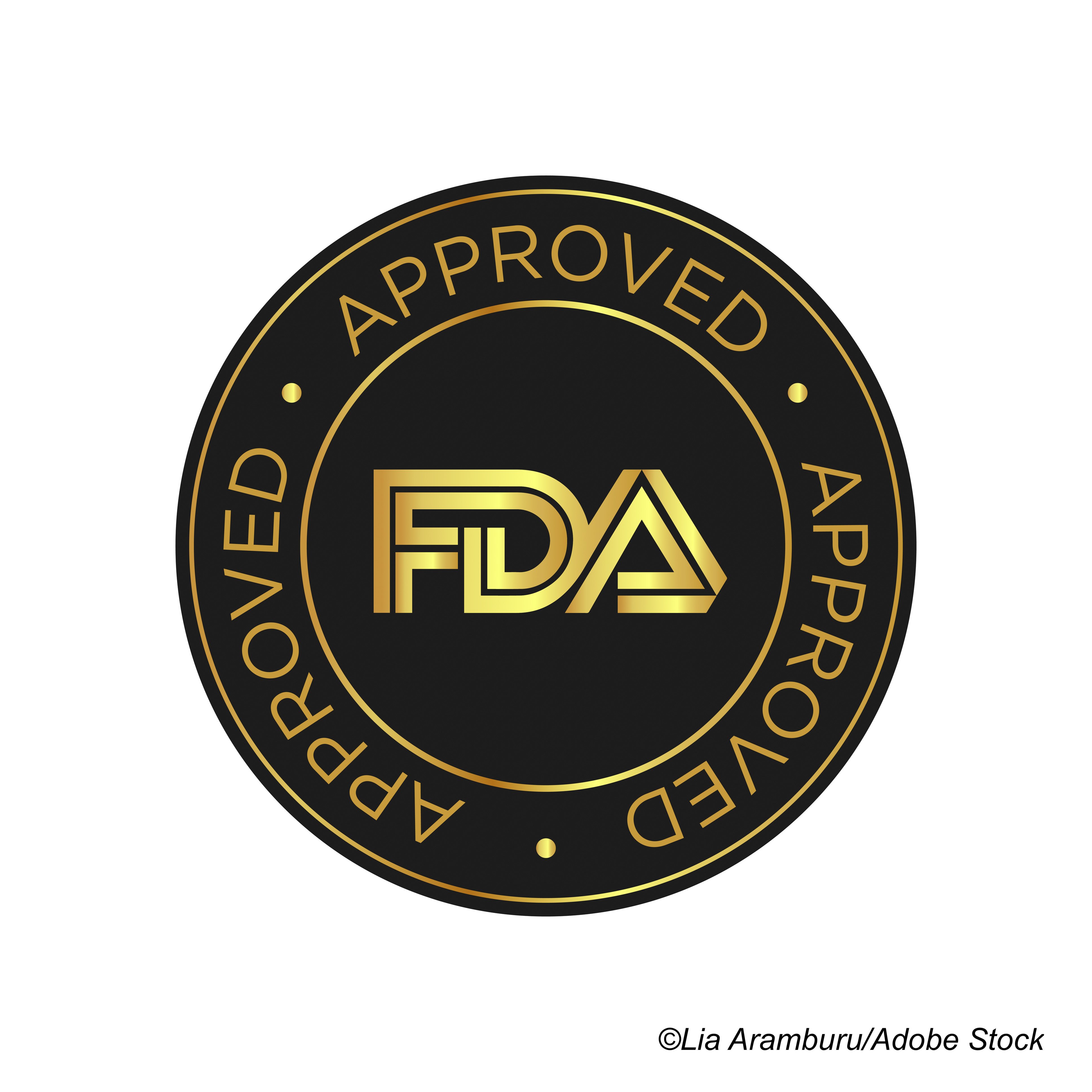The FDA approved a CD19-directed chimeric antigen receptor (CAR) T-cell therapy, brexucabtagene autoleucel (Tecartus), to treat adult patients with relapsed or refractory B-cell precursor acute lymphoblastic leukemia (ALL).
The drug, which is administered as a single-dose intravenous infusion (1 × 106 CAR-positive viable T cells/kg; maximum 1 × 108 CAR-positive viable T cells) after treatment with fludarabine and cyclophosphamide, was assessed in the single-arm, multicenter ZUMA-3 trial.
“The efficacy outcome measures used to support approval were complete response (CR) achieved within 3 months from infusion and duration of CR. Of the 54 patients evaluable for efficacy, 28 (52%; 95% CI: 38, 66) achieved CR within 3 months,” the FDA explained. “With a median follow-up for responders of 7.1 months, the median duration of CR was not reached; the duration of CR was estimated to exceed 12 months for more than half the patients.”
Based on these results, the application for brexucabtagene autoleucel received priority review, breakthrough, and orphan drug designations.
The FDA noted that the drug carries a boxed warning for cytokine release syndrome (CRS) and neurological toxicities. “CRS occurred in 92% (Grade ≥3, 26%) and neurologic toxicities occurred in 87% (Grade ≥3, 35%),” the agency added. “The most common non-laboratory adverse reactions (incidence ≥ 20%) included fever, CRS, hypotension, encephalopathy, tachycardias, nausea, chills, headache, fatigue, febrile neutropenia, diarrhea, musculoskeletal pain, hypoxia, rash, edema, tremor, infection with pathogen unspecified, constipation, decreased appetite, and vomiting.”
Brexucabtagene autoleucel is manufactured by Kite Pharma, Inc.
John McKenna, Associate Editor, BreakingMED™
Cat ID: 466
Topic ID: 78,466,730,466,935,192,725,925



